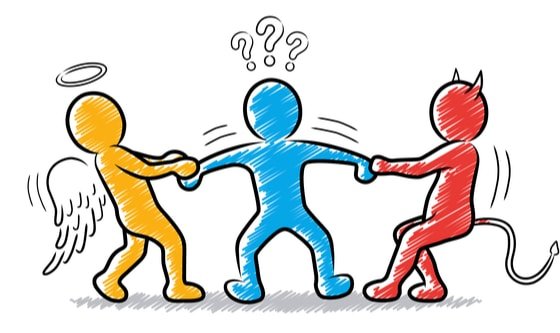
Is the Kenyan film ‘Rafiki’ immoral?
The Kenyan High Court has upheld the ban of the highly debated locally made film ‘Rafiki’. The court claims it is protecting society from moral decay. But is that really how morals and art work?
You don’t need to be a film buff to know about Kenya’s 2018 film ‘Rafiki’ (meaning friend in Kiswahili). You may not have watched it due to the legal wrangles it’s been involved in – but that’s also probably why you’ve heard of it.
The feel-good coming of age movie focuses on a budding romance between two young women, Kena and Ziki, amidst family and political pressures brought on by the state of LGBTQI+ rights in Kenya.
The movie went on to receive critical international acclaim and was the first Kenyan film to be screened at the Cannes Film Festival.
The Specifics:
- Before its release in Kenya, Rafiki’s director and film pioneer Wanuri Kahiu was asked by the Kenya Film Classification Board (KFCB) to change the film’s ending before the body could clear it for screening. KFCB found the ending too hopeful and positive for a film depicting LGBTQI+ content. Kahiu refused to agree.
- The KFCB went on to ban Rafiki ‘due to its homosexual theme and clear intent to promote lesbianism in Kenya contrary to the law’. It warned that anyone found in possession of the film would be in breach of the law.
- In response, Wanuri Kahiu petitioned the court to lift the ban and allow Rafiki to be shown in theatres so that it would be eligible for submission in the Academy Award category for Best Foreign Language Film at the 91st Academy Awards.
- The Kenyan High Court lifted the ban on the film, allowing it to be screened in the country for seven days, solely for eligibility purposes. Giving her ruling, Justice Wilfrida Okwany cited Kenyan artists who had to seek asylum in other countries because their creations went against the grain of local societal expectations.
Whether or not the film was palatable to all, the freedom of artistic expression won over the unrealistic and heavily biased outlook of the KFCB. Furthermore, despite KFCB head Ezekiel Mutua’s vehement protests, the public took to the cinema in droves to watch the movie that had put Kenya on the map cinematically for the first time in a long while.
And Now…
Fast forward to the growing casualties of 2020, and Kenya’s High Court has upheld the ban on Rafiki despite the creator’s best efforts to have the ban reversed.
‘I fear that the Act and guidelines under which the film was banned are a threat to free speech and media freedom. The decision to restrict the film was arbitrary, unconstitutional and a violation of my right to freedom of expression which includes freedom of artistic creativity,’ Kahiu said in the initial petition.
The court’s presiding judge, Justice James Makau, passed his ruling, saying the discretion exercised by the KFCB to prohibit the screening of Rafiki was constitutional. He also said the ban did not in any way violate artistic freedom of expression but instead protects society from moral decay.
Moral decay through film?
Rafiki is not the first victim of the self-proclaimed moral police. KFCB has banned several American children’s programmes, claiming they showed ‘disturbing content glorifying homosexual behaviour‘.
Such proclamations and subsequent censorship of creative content are imposed under the guise of upholding a moral standard based in religion and enforced by laws also founded in it. By these standards, all content should be solely religious – but society as a whole is too complex.
This is why the state is separate from religion, or not exclusively allied with or against either; to ensure religious freedom for all and allow citizens define for themselves what is moral and ethical based on their individual belief system.
Should the rationale that KFCB used to stifle Rafiki hold, then all programming and content that can be viewed as having the potential to erode society’s morals should be banned. This would include action movies, anything with foul language or hateful bigoted ideologies. Ironically, the latter would mean that Mutua would have to start with himself and the onslaught of hateful rhetoric he spews often.
The reason this content and themes that glorify the pursuit of pleasure are allowed into the public domain is because of freedom of expression. Not only is it a human right, but it also fosters the ‘free exchange of ideas, opinions and information, and thus allows members of society to form their own opinions on issues.’ And the fact of the matter is, no one really believes that a movie can make anyone do or be anything. The only time the state and the moral police claim that artistic themes are transferable is when they tackle LGBTQI+ content.
No one is saying that anyone has to accept this content, either. Which is exactly the point- freedom of choice. Which freedoms to uphold cannot be decided based on personal beliefs, nor can that be decided by the loose translation of the law. This is a reality that few are yet to grapple with because their hate overrides their clarity: freedoms for some means the ultimate oppression of all.
Can a movie make you gay?

Let us allow that content…
Let us allow that content that won’t confuse our younger generation but rather help them find a bearing in life
Hi Anonymous, confuse them…
Hi Anonymous, confuse them in what way? Could you please explain?